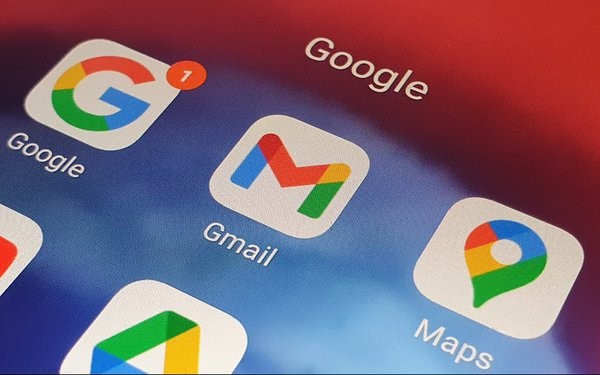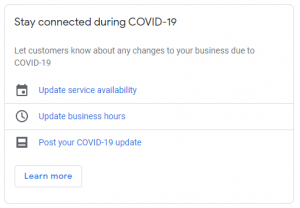Precursors To A Google Breakup

Google and Microsoft this week separately said they would not challenge a law in Europe that would categorize them as a “gatekeeper.”
The European Union law aims to require each company with this designation as gatekeeper to make it easier for people to move between competing services, such as social-media platforms and internet browsers.
The EU in September designated 22 gatekeeper services run by six of the biggest technology companies. Each would face new rules based on the Digital Markets Act (DMA).
Gatekeepers are required to ensure their messaging apps interoperate with rivals and let users decide the apps to pre-install on their devices. The rule also applies to Amazon, Apple, Meta, and TikTok. November 16 is the deadline to file for exemption for those companies that disagree with the status.
The gatekeeper designation for Google could provide additional fodder for the U.S. antitrust fight focused on billions of dollars that Google has paid to remain the default on laptops and smartphones.
Several weeks ago, Google CEO Sundar Pichai acknowledged the importance of making its search engine the default in keeping users loyal, which has become a major point in the U.S. antitrust fight.
Earlier this week, Bloomberg reported that in Google’s defense, University of Chicago professor Kevin Murphy disclosed that Google pays Apple 36% of revenue it earns from search advertising made through the Safari browser.
The insight revealed during testimony by professor Murphy was intended to remain confidential. Google’s main litigator John Schmidtlein visibly cringed.
It’s no secret that the cost of digital ads fluctuates wildly based on a variety of factors like an “ad’s audience targeting, creative, industry, and seasonality,” according to a Gupta Media email newsletter. “Advertisers [in theory compete] in a fair fight: Relevant ads with effective targeting will deliver a more efficient value.”
Gupta Media goes on to explain that since much of that competition takes place in a black box, some agencies and advertisers have long suspected all sorts of horseplay on the part of social-media ad platforms. In the absence of any definitive proof of wrongdoing, the system has escaped the kinds of legal and regulatory scrutiny that might upend the status quo.
Indeed, status quo. Google’s admission strikes at the core values of digital advertising, from trust to transparency to fairness.
“The relative simplicity of Google’s search-ad model makes the company’s revelations uniquely damaging,” Gupta Media writes. “If you’re bidding against a competing brand, that’s fair. But if you’re bidding against the platform itself—more specifically, against an inflated rate determined by Google’s sales goals—that’s fraud, pure and simple.”
Trial exhibits such as these reveal some interesting facts about Google’s business practices, but it is testimony similar to Murphy’s and decisions made by Google to remain a “gatekeeper” that have analysts, and me, wondering whether or not Google will come out of this trial as a whole company or be forced to breakup its services.
Looking at the EU gatekeeper law, and Google’s accepting the status, could become a precursor of what interventions the U.S. judge might carry out.
Earlier this month, it was reported that analysts at Barclays grew “increasingly concerned” about the strength of the Justice Department’s case against Google. If the justice department determines that the default option on Web browsers and on the iPhone and other mobile devices is illegal, it will be interesting to see what becomes of Apple’s search strategy.
Reportedly, Barclays analysts Ross Sandler and Tim Long wrote in a note, “We’ve seen choice screens rolled out on Android devices in Europe already, which hasn’t had a major impact on Google’s market cap, mostly because query share didn’t change much, and the Android channel isn’t that material to Google’s bottom line.”
(3)








